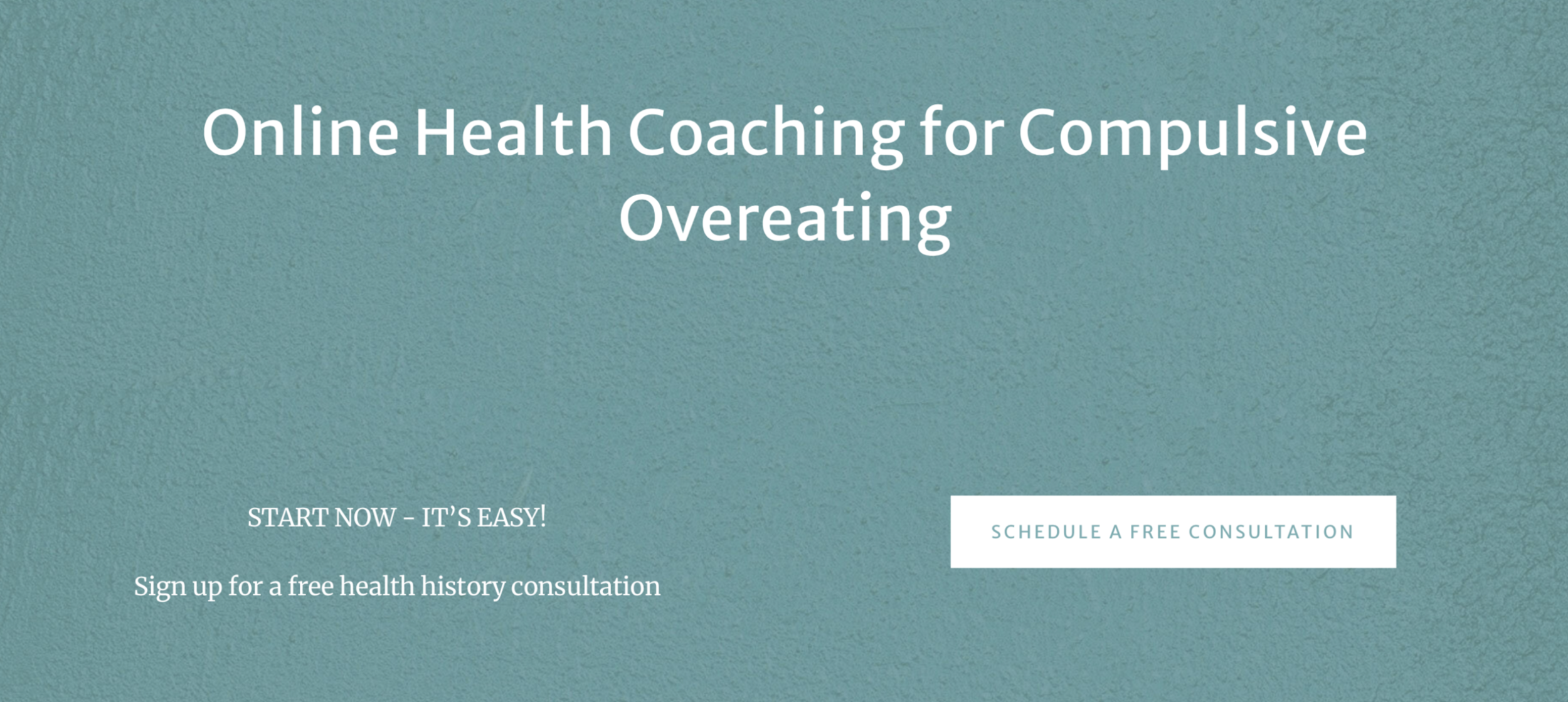Can Stress Cause Overeating
How it All Began
I started my journey into binge eating disorder with emotional eating. As a child, I was very lonely and when I would eat my favorite foods, I wasn’t thinking about my loneliness. As I grew older, my emotional eating expanded to include stress, boredom, anxiety, anger and any other uncomfortable emotion that I didn’t want to feel. Later my emotional eating grew to encompass positive emotions as well like excitement, celebration, pride, accomplishment, reward for a job well done. So emotional eating was the precursor to compulsive overeating. This transition came with a loss of control. As soon as the thought of eating occurred to me, I felt compelled to do it. That thought took over any and all other thoughts. The obsession to eat was born. My compulsive overeating changed to binging because I was a sugar, fat, and salt addict. So, once I started eating a trigger food, I couldn’t stop. My addict self wouldn’t let me. During these frequent binges, I would keep eating until there was nothing left. Then afterward, all I could feel was disgust, embarrassment, and self-hatred for not being able to control my eating. I had zero self-esteem. Even if I could stop, the obsession would convince me that I could handle my trigger foods in moderate amounts and the binge cycle would begin again. So once I could no longer control the frequency and quantity I was consuming, as well as the emotional lows afterwards, I was officially a compulsive overeater with binge eating disorder.
Can Stress Cause Overeating?
The answer to the question, can stress cause overeating is most certainly yes. There are two types of stress, acute and chronic. Acute stress is when we feel stressed for a short time period, like preparing for a presentation at work or running late, our brain tells the adrenal glands to secrete the hormones cortisol and adrenaline which increases appetite even if we’re not hungry. Chronic stress is experienced continuously over an extended period of time, typically over months. It affects the specific foods eaten, giving a preference for comforting foods with high-sugar, high-fat, and high-salt. These foods lead to a release of dopamine (the feel-good hormone), which is very attractive when we’re stressed. Over time, it may lead us to seek out that feeling more and more. But eventually, we don’t get the same reward, and we need to increase the amount that we eat. This then creates addictive and compulsive eating behaviors that become difficult to control.
A small amount of stress can be beneficial. It can help increase focus and tap into the motivation needed to complete a difficult task. But when stress becomes overwhelming and constant, it affects our health, emotional state and diet.
Stress & The Body
Weight Gain
Stress is the main contributor to obesity which is a major factor in diabetes, cardiovascular disease, and cancer. It is linked to gaining weight around the waist rather than the hips which leads to a higher risk for diabetes and heart disease.
Diabetes/Diabesity
Diabetes happens when your body is unable to break down glucose. With emotional eating, the foods consumed tend to be more sugary foods than anything else, increasing the risk of obesity which triggers diabesity (diabetes caused by obesity).
Heart Disease and Kidney Failure
High body fat percentage is a potential danger to vital organs, like the heart, kidneys, and liver. The liver and kidneys help in the oxidation of food, so overeating makes your organs work harder, which can be dangerous long-term.
Reducing Stress’ Impact on Diet
Identifying stress triggers is important, so take the time to go through your day and determine what stresses you the most. Sure, comfort foods may provide quick and temporary relief but if the cause of the stress isn’t addressed, preferences for these foods will increase, leading to greater chances of obesity. Sometimes, stress is inevitable, so make sure to have a few non-food related coping mechanisms that you can turn to, such as physical activity, prayer, meditation, reading inspirational literature, listening to relaxing music, breathing exercises, or calling a friend.
Boredom is another contributor to overeating. Try curing it with an engrossing activity that will keep the mind occupied. Something as simple as brushing your teeth can signal the brain that it’s time to stop eating.
Eating a more nutritious diet will decrease the instances when we’re driven to eat high-calorie, high-sugar foods. It will also help balance hormones related to appetite and weight regulation.
If you have an overeating episode, don’t punish yourself with deprivation. It’s not the answer and only makes your appetite stronger, which can lead to a binge later. Forgiveness is key. Without it, learning from mistakes and moving on become much harder. Try to follow a realistic and healthy eating plan.
Get support. If you or someone you know are struggling with emotional or compulsive overeating, get support. If it’s not corrected, emotional eating frequently leads to compulsive overeating with binge eating disorder. If there are no other issues, like depression, anxiety, bipolar, etc, then an integrative nutrition health coach would provide the needed support. Otherwise, those additional disorders would necessitate a psychiatrist and psychotherapist as well as a nutritionist. Compulsive overeaters have a tendency to isolate themselves. Support groups can be beneficial and help foster friendships.

